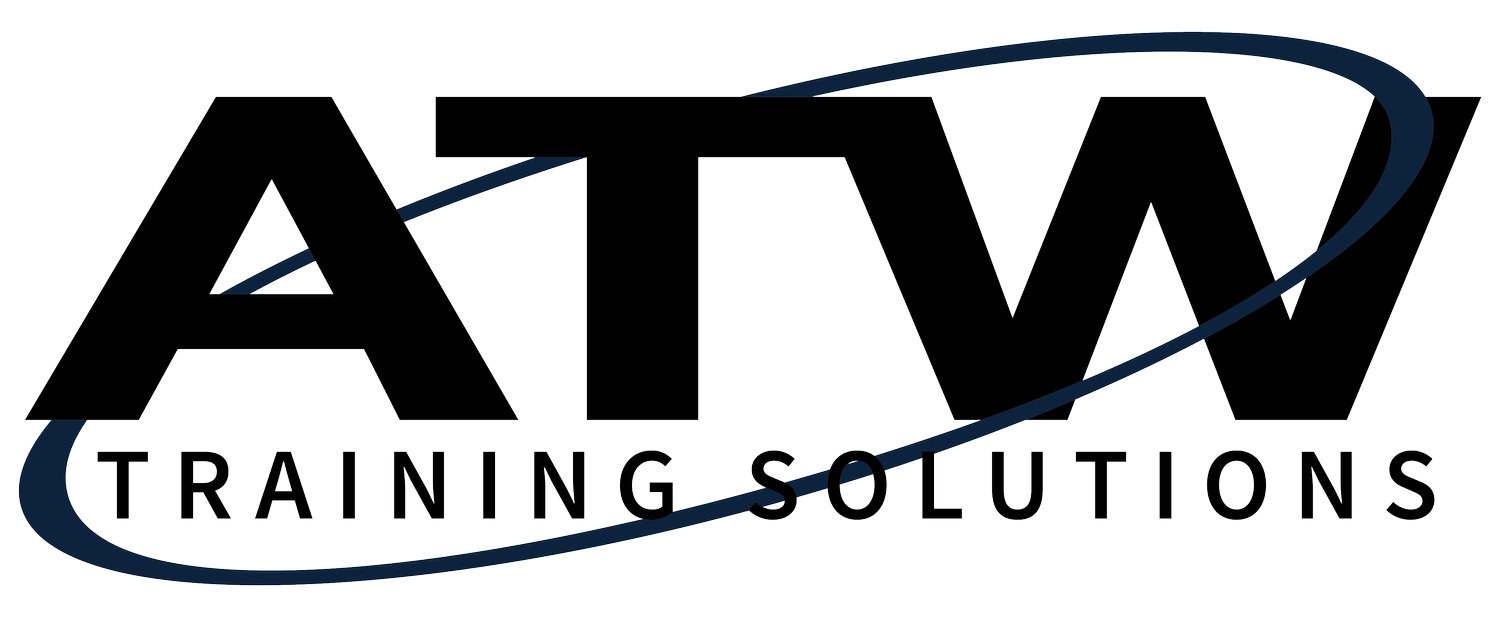Emotional Intelligence: So What Now?
We've now looked at all four domains of emotional intelligence, self-awareness, self-management, social awareness, relationship management. We learned that emotionally intelligent people know how to handle criticisms without denial, blame, excuses, or anxiety are open-minded, are good listeners, don't sugarcoat the truth, apologize when they are wrong.
So now what? Do any of these emotional intelligence domains and their competencies stand out to you as areas to improve? If so, it's time to take action. Consider the following, how can you be more self-aware? Do you know how you react under stress? What triggers you? Will you ask for feedback? Do you take an active interest in other people and listen with empathy, seeking to understand their perspective by asking for clarity? Do you support and inspire the development others? Take time now and identify your strengths and weaknesses. Write them down. Ask yourself, in what ways do you succeed? In which ways do you fall short? List specificexamples if they come to mind.
As you list areas of improvement, think of practical ways to evaluate and improve. For example, if you know you have a hard time resolving conflict, you may need to take a step back and reevaluate your methods. We must be mindful and take time to evaluate our own emotional intelligence daily. This is critical to be successful both in and beyond the workplace. Daniel Goldman is quoted saying, "Emotional intelligence emerges as a much stronger predictor of who will be the most successful, because it is how we handle ourselves in our relationships that determine how well we do once we are in a given job." Therefore, whether you are an individual contributor or a leader in the organization, we must continually focus on the language of emotional intelligence.
